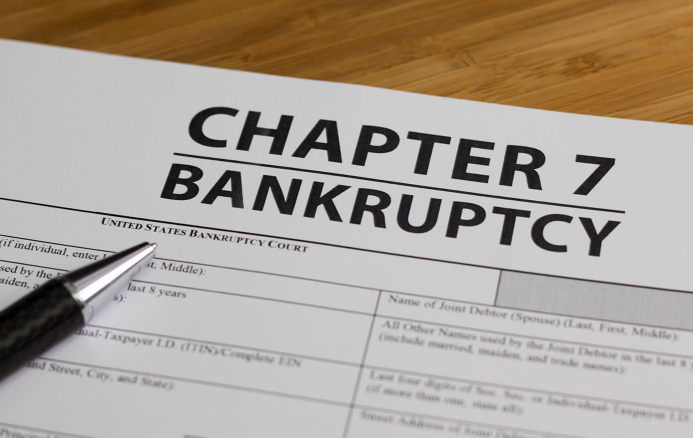
The Estate Planning Puzzle: Solving the Complexities and Crafting a Legacy That Secures Your Future
Key Takeaways
- Understand the essentials of estate planning.
- Discover how to protect your assets effectively.
Introduction to Estate Planning
The art of estate planning may seem overwhelmingly complex, akin to navigating a maze without a map. However, its significance cannot be overstated. Estate planning aims to create a thorough plan to manage and divide your assets during your lifetime and beyond. This goes beyond just writing a will. For those with substantial assets, effective planning also shapes how wealth is taxed, preserved, and passed on to heirs or charities.
In the hands of experienced professionals, such as providers of breach of contract Anthem AZ legal services, estate planning transforms into a powerful tool for ensuring assets are handled correctly. The combination of careful planning and expert guidance provides peace of mind that cannot be measured. It’s a chance to clearly express your values and ensure that your legacy endures, respecting your intentions and protecting loved ones after you’re gone.
What Is Estate Planning?
Estate planning is about laying the groundwork for managing your personal and financial affairs if you cannot, and finally, how you want your assets distributed after your passing. This process involves creating several legal documents, such as wills and trusts, which designate your wishes concerning these matters. Beyond simply listing who gets what, estate planning can involve specific instructions to cater to various situations, stipulating conditions and contingencies that might arise. Successful estate planning requires forethought and understanding of present circumstances and future possibilities.
Essential Documents in Estate Planning
- Wills – The legal document outlines your preferences for distributing your possessions. It is sometimes thought of as the cornerstone of estate planning. Crafting a will involves more than filling out a form; it requires careful consideration of asset distribution, choice of executors, and provision for dependent care.
- Trusts – Trusts provide more control over how your assets are distributed. By creating a trust, you can set conditions for using funds, protect your investments from high estate taxes, and potentially speed up the distribution process.
- Power of Attorney – A power of attorney allows someone you trust to legally manage your affairs if you cannot do it yourself. Therefore, it is not only for elderly individuals. In the case of incapacitation, this agreement is necessary to ensure that your objectives are met while managing your financial and legal affairs.
Planning for Incapacity
While considering one’s incapacity might be uncomfortable, it’s essential to a comprehensive estate plan. Planning for incapacity involves appointing trusted individuals through documents like a durable power of attorney and a healthcare proxy. These roles grant others the authority to decide one’s finances and healthcare if one cannot do so legally. This level of planning ensures that one’s affairs are managed with as little disruption as possible, according to one’s express wishes, and it reduces the potential turmoil for loved ones during challenging times.
Tax Implications and Strategies
Understanding tax implications is crucial in estate planning, and strategies to reduce taxes are essential since they can drastically reduce the value of your estate. Techniques like making lifetime gifts or establishing specific types of trusts can minimize the burden of estate taxes and preserve more assets for your heirs.



